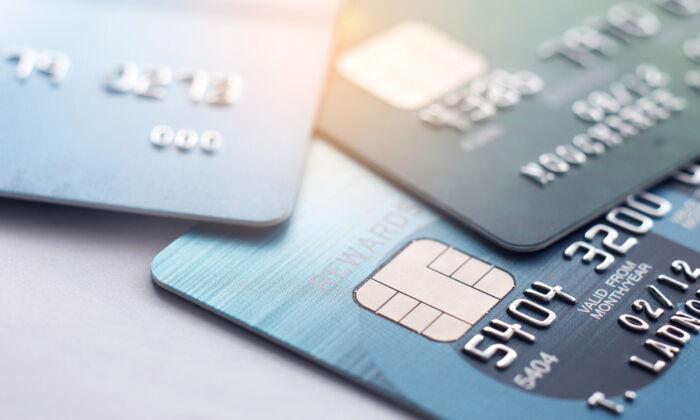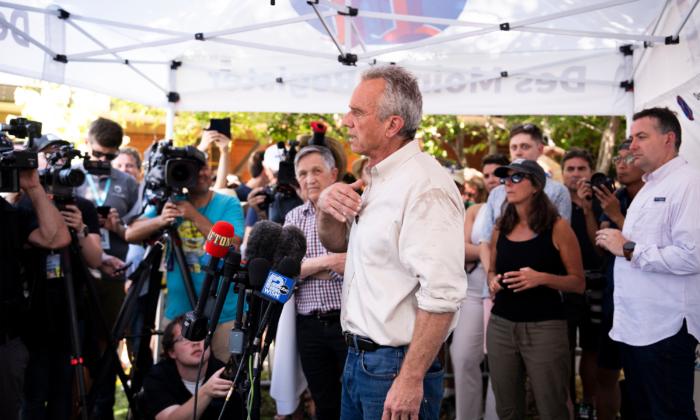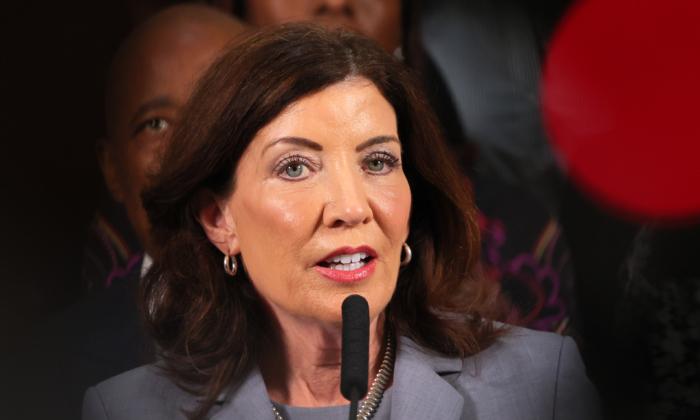“The reports show banks, including big banks, continue to rely on these fees as a major source of revenue. Rather than competing on transparent, upfront pricing, large financial institutions are still hooked on exploitative junk fees that can quickly drain a family’s bank account,” Rohit Chopra, director of the CFPB, said in a press statement.
“The bottom line is that we will make sure that this market is upfront, not underhanded. The last quarter was a blockbuster quarter for banks, taking in $69 billion in net income. Consumers are handing over billions of dollars of their hard-earned money in these fees, even during a pandemic,” he said.Lawmakers, regulators, and consumer advocates have been applying pressure on banks for years to ease their reliance on the lucrative practice, which took off in the 1990s.
The CFPB and other regulators were put in charge of reining in overdraft fee revenues by Congress after the 2008 financial crisis.
There has been a recent trend of smaller banks moving to eliminate or reduce the widely unpopular fees to attract more clients during the pandemic.
The large institutions are unlikely to terminate the revenue-generating measure completely, but will aim to reduce the undue burden on financially stressed customers.
On Dec. 1, Capital One, the nation' s sixth largest bank, announced that it would completely eliminate all overdraft fees and non-sufficient fund fees beginning in early 2022, becoming the first large bank to do so.Chase account holders will have a full day after overdrawing their account to replenish their balance, and can access their direct deposit payroll funds two days early.
PNC announced new account features such as low-balance alerts and a grace period that will help consumers avoid overdraft fees and limit overdraft fees to one per day.
The bank earned nearly $273 million in overdraft fee revenue last year, according to S&P Global.
Revenue from overdraft fees fell to $8.82 billion last year from $11.68 billion in 2019, according to data from S&P Global Market Intelligence.
Banks took in $6.13 billion in overdraft revenue in the first nine months of 2021.
Despite an outcry from Democrats on the Hill, regulators in Washington do not plan to force banks to abolish the practice of overdraft fees.
Michael Hsu, the acting head of the Office of the Comptroller of the Currency, said at a press conference that “low- to no-cost overdrafts” would allow those living paycheck to paycheck “to pay their bills on time, avoid high-cost alternatives and improve their credit profile.”
Hsu praised recent changes to overdraft policies by certain banks that could serve as a model for the industry.





